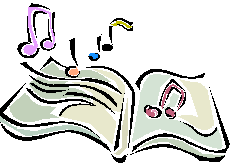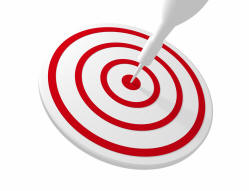5 Proven Tips For Making Your Piano Practice Time Pay Off!
Piano Practice – Are You Making The Most Of It?
Here are 5 simple things you can do in your piano practice that can make a huge difference in how you progress on your musical instrument. These techniques apply to all instruments — not just piano — from flute to drums to guitar to voice to singing.Put them into practice today and stick with them. They are entirely logical, and after awhile you’ll wonder why you didn’t always practice this way.
1. Practice using spaced repetition. Don’t practice for 2 hours a day in one session — break it up. If you intend to practice 2 hours a day, great, but break it up into bite-sized capsules so that you can digest the material without getting bloated or bored. And remember that “the brain can only absorb what the seat of education can stand.”

2. Practice slowly. I once witnessed a great classical pianist (whose name you would immediately recognize) warm up before a concert. He played a simple scale extremely slowly and methodically, staring at each finger as it played each note. He could have played that scale a hundred times faster, but there is genius in “slow”. Something happens in our brain and makes the connection when playing is slow and methodical. There is a time later on for rapid practice, but most of the time, practice slowly and methodically. Remember the old story of the turtle and the rabbit? Who won? Right — not the speedy rabbit, but the turtle.

3. Practice small bites. One of the worst practice habits I see students make is to practice the entire song from start to finish, errors and all. Not a good idea. Analyze the song, and learn one phrase at a time. Play that phrase over an d over slowly, then a bit faster, then finally up to speed. Then start the next phrase and do the same with it, and so on. It’s like the old joke: “How do you eat an elephant?” Bite by bite.

4. Learn music theory. Don’t just practice playing notes — try to understand what you are playing. Is a chord being broken up? How long is this phrase in terms of measures? What is the form of the piece or song? What are the dynamics — the louds and softs — the crescendos and decrescendos? What key is the song in? What sharps or flats? Does it have accidentals? Are there repeat signs?

5. Set short term and long term goals and reward yourself when you reach them.
I am constantly surprised that music students don’t set goals to achieve. Why not? Nothing is more common among athletes than setting goals. Nothing is more common among salespeople or teachers or professional people in diverse areas setting goals. So why don’t music students set music practicing goals? I don’t have a clue, but you can give yourself a HUGE advantage if you will do it. Make it your goal, for example, to learn section A of a piece by next Tuesday, and section B by the following Friday, and the entire piece by the following Wednesday.
I am constantly surprised that music students don’t set goals to achieve. Why not? Nothing is more common among athletes than setting goals. Nothing is more common among salespeople or teachers or professional people in diverse areas setting goals. So why don’t music students set music practicing goals? I don’t have a clue, but you can give yourself a HUGE advantage if you will do it. Make it your goal, for example, to learn section A of a piece by next Tuesday, and section B by the following Friday, and the entire piece by the following Wednesday.

Here is the YouTube video: https://www.youtube.com/watch?v=k2fAank7I4E&feature=youtu.be
________________________________________


